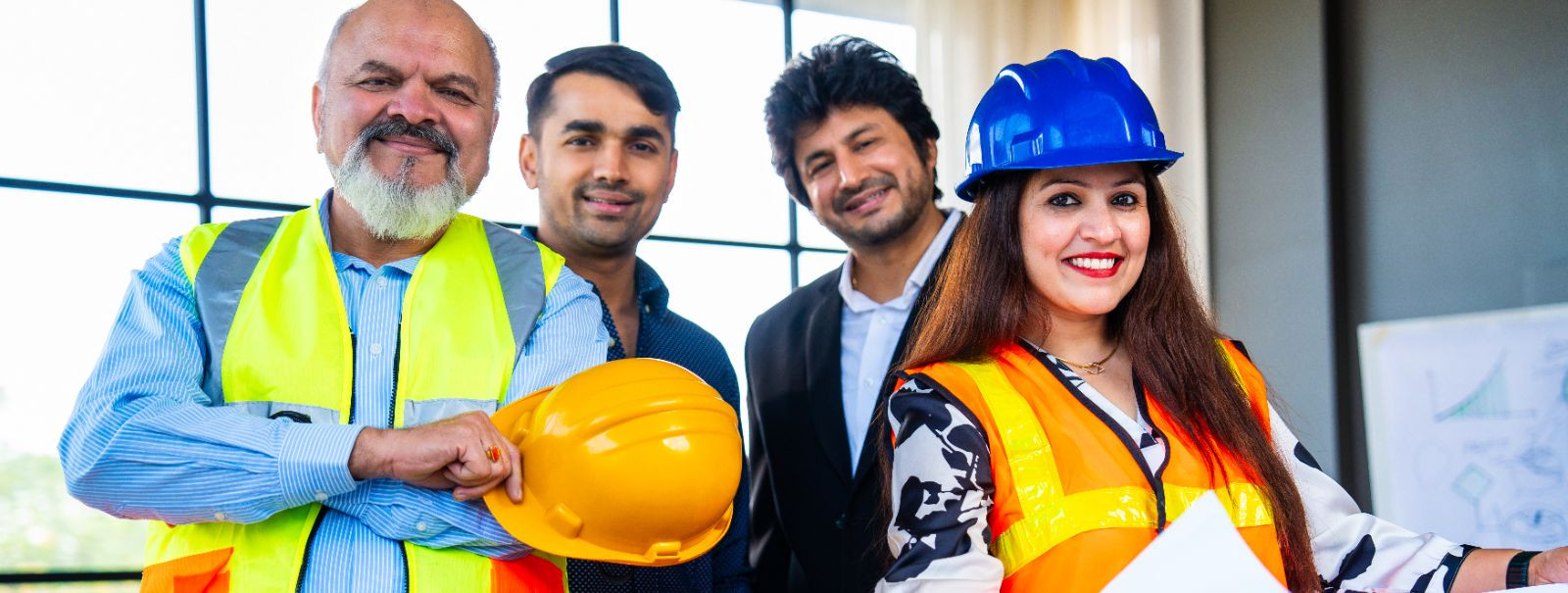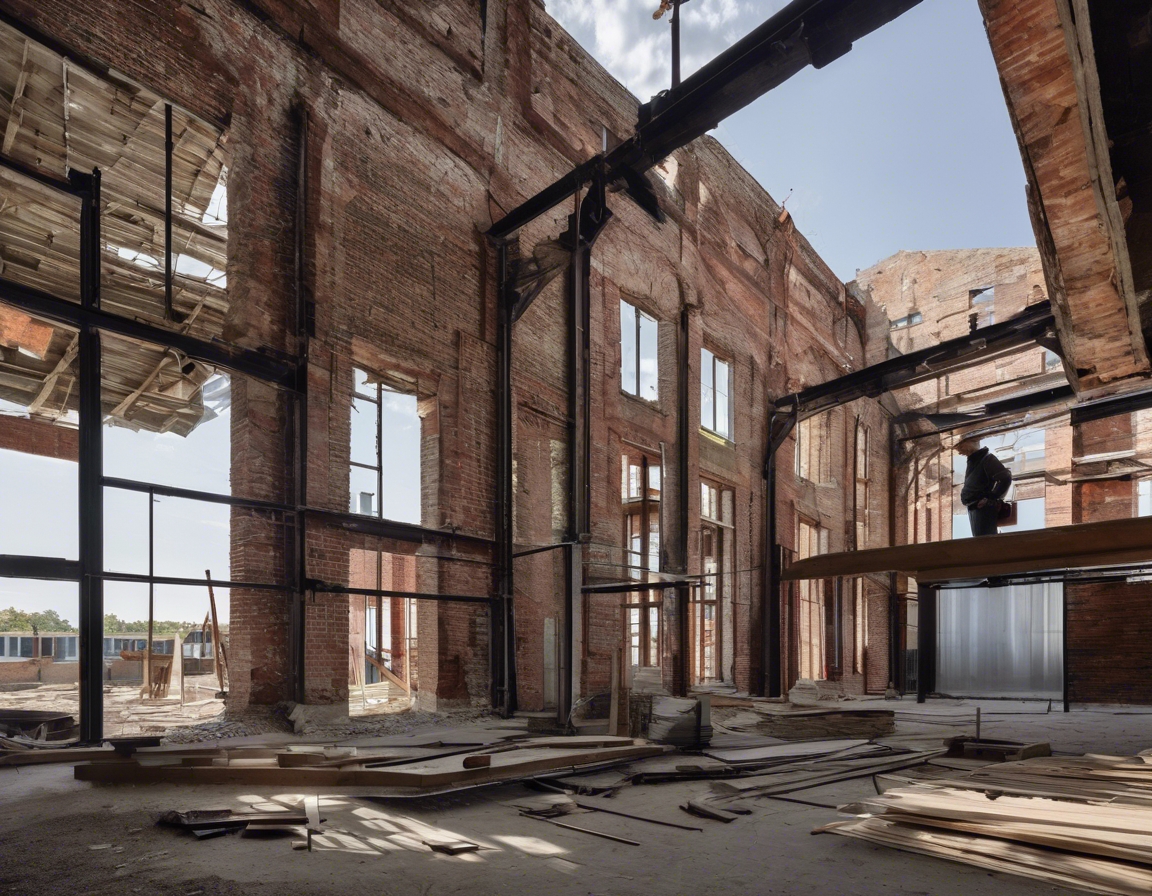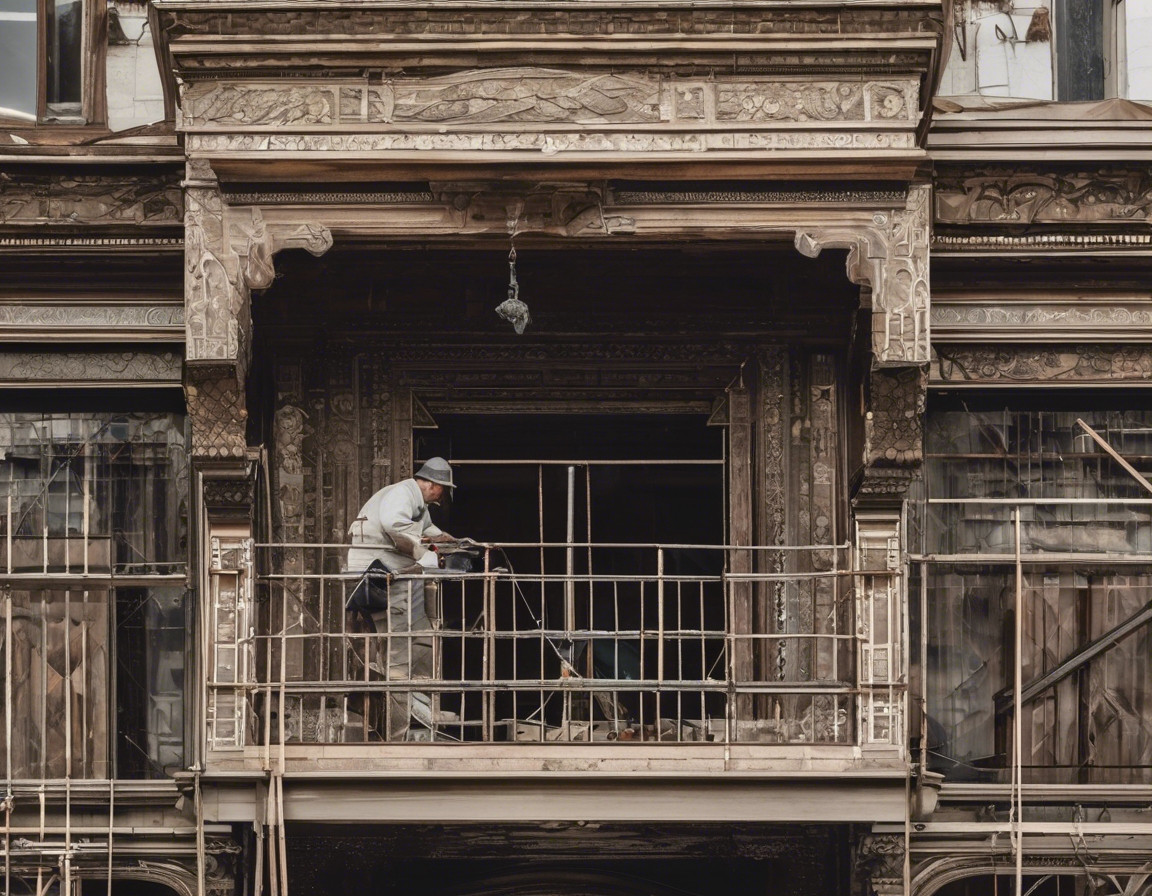How to choose the right construction partner
Before embarking on a construction project, it is crucial to clearly define the scope and objectives. This involves understanding the specific requirements of your project, whether it is a residential, commercial, or industrial development. Consider the size, complexity, and unique features you wish to incorporate. A well-defined scope will guide you in selecting a construction partner who aligns with your vision.
Establishing a realistic budget is a fundamental step in the construction process. It is essential to have a clear understanding of your financial limitations and expectations. A reliable construction partner will help you optimize your budget by providing cost-effective solutions without compromising on quality. Ensure that potential partners are transparent about their pricing structures and can work within your financial parameters.
Time is a critical factor in construction projects. Delays can lead to increased costs and missed opportunities. Define your timeline expectations early on and communicate them to potential partners. A competent construction partner will provide a realistic timeline and demonstrate their ability to meet deadlines through effective project management and resource allocation.
Researching Potential Construction Partners
When selecting a construction partner, experience and expertise are paramount. Look for companies with a proven track record in projects similar to yours. Evaluate their technical skills, industry knowledge, and ability to handle challenges. An experienced partner will bring valuable insights and innovative solutions to your project.
Ensure that your potential construction partner holds the necessary licenses and certifications required by local authorities. Compliance with building codes and regulations is non-negotiable. Verify their credentials and ask for proof of insurance to protect yourself from potential liabilities.
Reviewing a construction partner's portfolio and client testimonials provides valuable insights into their work quality and customer satisfaction. Look for consistency in delivering high-quality projects and positive feedback from previous clients. This will give you confidence in their ability to meet your expectations.
Assessing Quality and Sustainability Practices
Quality assurance is a critical aspect of any construction project. A reputable construction partner will have robust quality control processes in place to ensure that every aspect of the project meets the highest standards. Inquire about their quality assurance practices and how they address potential issues during construction.
Sustainability is increasingly important in modern construction. Choose a partner who prioritizes environmentally friendly practices, such as energy-efficient designs, sustainable materials, and waste reduction strategies. A commitment to sustainability not only benefits the environment but also enhances the long-term value of your property.
Innovation is a key driver of success in the construction industry. Seek a partner who embraces modern design trends and cutting-edge construction techniques. Innovative solutions can improve the functionality and aesthetic appeal of your property, setting it apart from the competition.
Communication and Collaboration
Effective communication is the cornerstone of a successful construction project. Establish clear communication channels with your construction partner to ensure that all parties are aligned and informed throughout the project. Regular updates and open dialogue will help prevent misunderstandings and keep the project on track.
Construction projects often encounter unforeseen challenges. A collaborative approach to problem-solving is essential for overcoming obstacles efficiently. Choose a partner who values teamwork and is willing to work closely with you to find solutions that meet your needs.
Transparency in project management builds trust and confidence. Your construction partner should provide clear documentation of project progress, costs, and any changes to the original plan. This transparency ensures that you are always informed and can make decisions based on accurate information.
Finalizing Your Decision
Once you have shortlisted potential construction partners, compare their proposals and contracts carefully. Look for detailed breakdowns of costs, timelines, and deliverables. Ensure that all terms and conditions are clearly outlined and align with your project goals.
Negotiation is a crucial step in finalizing your decision. Discuss terms and conditions with your chosen partner to ensure mutual understanding and agreement. Be open to compromise, but prioritize aspects that are non-negotiable for your project’s success.
After thorough evaluation and negotiation, make your final selection based on a combination of factors, including experience, quality, communication, and cost. Trust your instincts and choose a construction partner who you believe will deliver the best results for your project.






Comments (0)